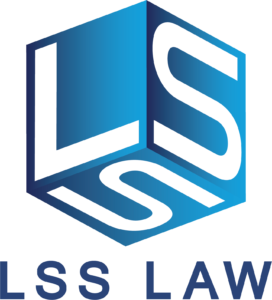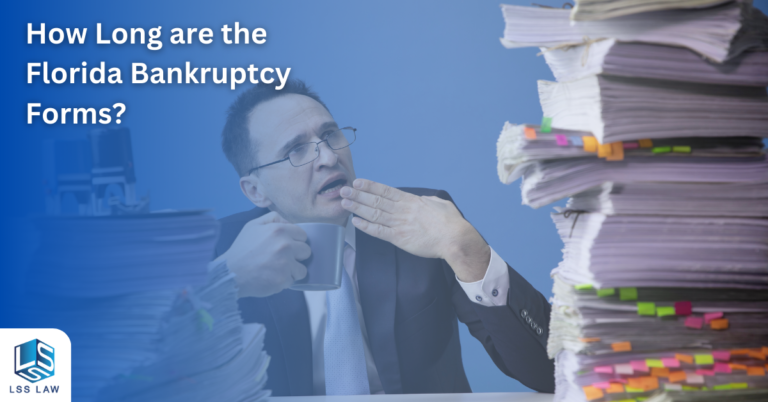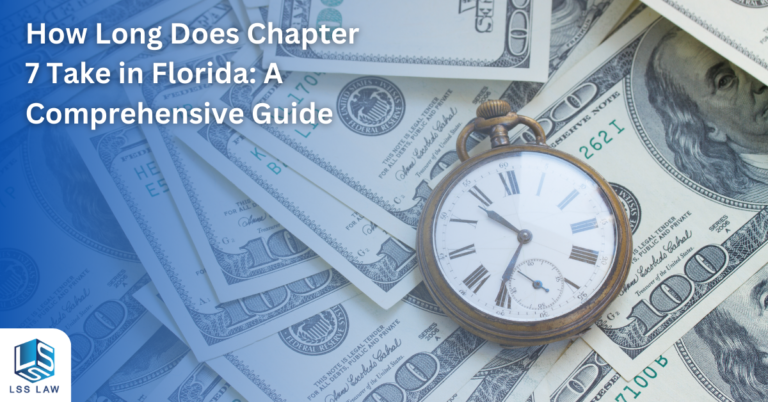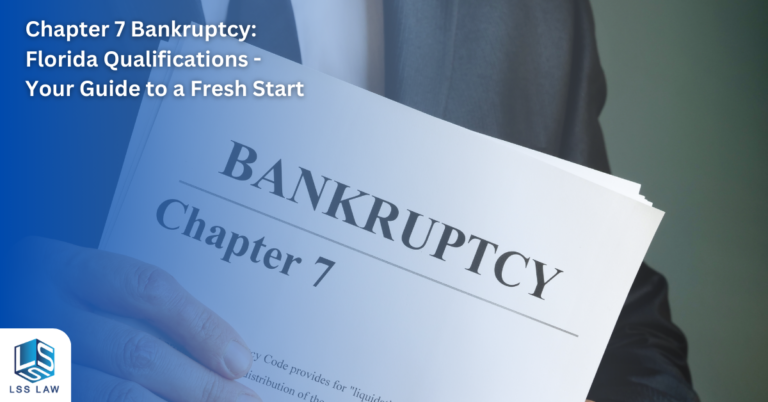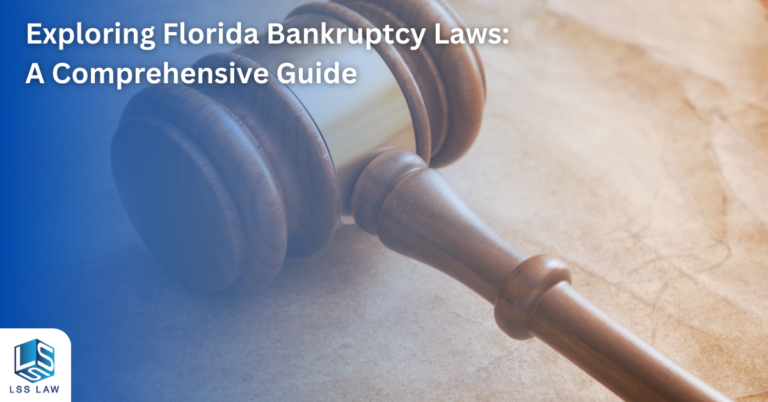Although the housing market is supposedly recovering from the real estate crises, many homeowners are still struggling to make their mortgage payments. If you are one of them, you may be trying to decide whether a short sale and/or filing for bankruptcy is the best option for you.
A short sale occurs when you sell your home for less than the amount owed on your mortgage. All of the proceeds from the sale are used to pay a portion of the mortgage debt balance.
There are numerous factors that should be considered in trying to decide whether a short sale or bankruptcy is the better debt relief option for you.
- Time. The process for completing a short sale can be complex and time-consuming. And, after all your efforts in a short sale, there is no guarantee that your sale will close successfully. When you file a bankruptcy case, you are provided immediate relief from your creditors. If you successfully complete your bankruptcy, you will receive a discharge order that could potentially eliminate all or a large majority of your debt.
- Deficiency balance. A deficiency balance is all amounts that remain due and owing on the mortgage loan after the house is sold. It is important to understand in advance whether or not the lender will consider the payment from the sale as “payment in full” and waive the deficiency balance, or whether you will still be liable to pay any remaining amounts. In some states, lenders are required to accept the short sale proceeds as payment in full. In a bankruptcy filing, you can discharge or eliminate the deficiency balance left after the short sale of your home.
- Overall financial situation. Is your mortgage the only debt you can’t timely pay? If so, a short sale may be the solution because it only deals with your mortgage debt. However, if you are struggling to pay numerous bills, bankruptcy is the better option. A Chapter 7, 11, or 13 filing allows you to deal with all of your debt at one time. A bankruptcy brings all of your creditors into the case so you can comprehensively deal with your debt.
Please keep in mind that every case is different. If you are contemplating a short sale and/or filing bankruptcy, and you need help deciding which may be your better option, please contact our office to schedule a no-cost consultation by completing the form on this website or calling us at 954-466-0541.
